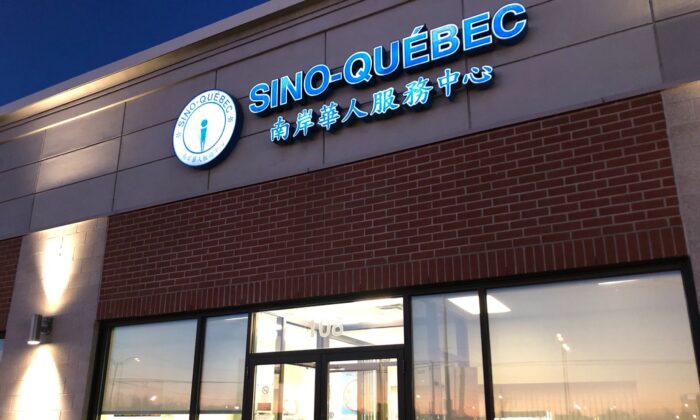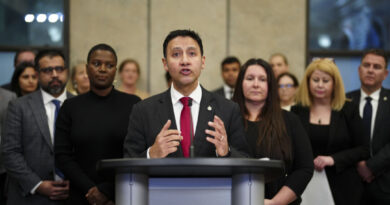Commentary
More than
2 million Canadians voted on the first day of advance polls for this year’s federal election, which according to Elections Canada was a record turnout. That was on Good Friday (April 18), and I’m sure the high numbers were due in part to the stores being closed and the day being a stat holiday. I worked at a polling station and can attest to how busy we were.
In an era of declining participation in the very essence of democracy, a high voter turnout is indeed a good sign. Perhaps Canadians sense the importance of this election more than in recent years (the return of the unpredictable Trump administration, the state of the economy/stock market/tariffs, international instability, foreign interference, etc.) and that is driving this surge. In any event, kudos to Canadians.
Those running for office should also welcome this development. After all, they believe enough in the system to want to be part of it. Candidates undoubtedly also want more people to come out to the debates and party events, rallies, public engagements, and other occasions, as they would expect to receive votes from such people.
It would be unfair to expect every candidate to know every person at such gatherings. Nevertheless, those running for office have teams that help them to ensure they are putting their best foot forward and not taking part in something that will later come back to bite them. In other words, people who can do some basic vetting of attendees whose presence would be, shall we say, problematic.
So why on earth would a candidate invite a person known to have associations with illegal Chinese “police stations” in Montreal? (These agencies allege they are here to deal with mundane issues like driver’s licences but are in fact venues facilitating foreign interference, influence, harassment and threatening of the Chinese diaspora in Canada.)
That is exactly what appears to have
happened in the Quebec riding of Brossard-Saint-Lambert. Liberal incumbent Alexandra Mendès asked the head of not one but two local Chinese organizations suspected by the RCMP of housing illicit “police stations” supporting efforts to intimidate or silence critics of China’s ruling communist regime to a “rallying spaghetti dinner” for the 2025 federal election campaign.
Whether or not Ms. Mendès decided on the invitees’ list or it was one of her assistants misses the point. The existence of these unwanted agencies has been well-known for years. Ignorance is no excuse. Does no one care about the Chinese regime’s efforts to intimidate diaspora members? Is the burning desire to put “bums in seats” more important than our national security?
Despite efforts by some to label these concerns as examples of “anti-Asian racism,” this is just one more instance where politics trumps common sense. It should be added that these moves only serve to undermine trust in the community as a whole. (I’ve heard anecdotally that some see Asian Canadians working at polling stations as part of the “foreign influence” throng: If the public sees the government not taking this threat seriously it questions the whole process, even if some of the accusations are dubious.)
This may sound repetitive given the number of columns I have penned over the years, but the threat of foreign interference by China (and others) is real. Story after story in Canadian media shows many efforts by these nations to affect our democracy. That the government is paying lip service to this just makes things worse. The dearth of attention to Canadian intelligence over decades merely confirms this lack of interest.
The solution is simple. To borrow a phrase from former U.S. President Ronald Reagan, “trust but verify.” You want to be an open society and welcome wide participation, but it is vital to ensure that you are not being taken advantage of. Party officials need to do better and be much more judicious in not enabling those seeking to malign our democracy. They should do their due diligence and not embrace elements of foreign regimes.
Views expressed in this article are opinions of the author and do not necessarily reflect the views of The Epoch Times.



